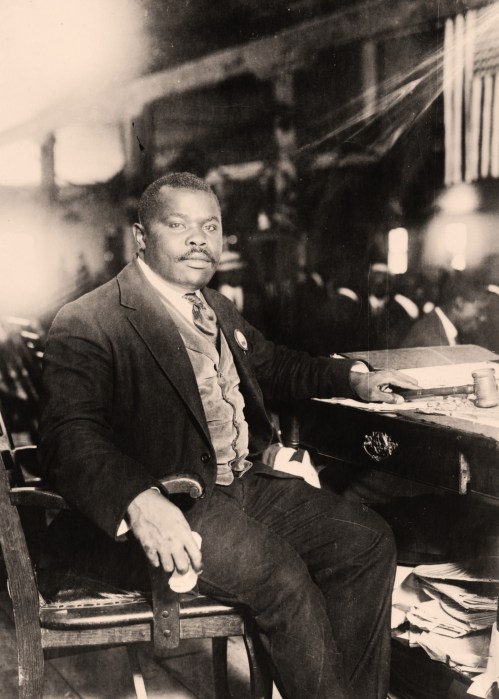The first in-person Caribbean Renewable Energy Forum (CREF) since 2019 served as a key knowledge-sharing and networking event for stakeholders working towards bringing energy independence to the region. In addition to private organizations like the Caribbean Climate-Smart Accelerator (CCSA), technology companies and non-governmental entities, the Forum featured leaders from the Cayman Islands, the Bahamas, the Dominican Republic, Barbados, St Kitts and Puerto Rico. The three-day event provided all in attendance to take stock of the Caribbean’s progress in resilience-building and showcased the innovation and drive of our communities.
Increased Ambition
A victim of the global pandemic, in-person CREF events were postponed for several years as the world came to grips with this new status quo. In the buildup to the 2022 Forum, the topics of a sustainable post-pandemic recovery dominated many conversations – and many were interested to see how the past few years had shaped previous plans for a clean energy transition. Arriving in Miami ahead of CREF there was a definite buzz, this Forum would be key in determining the region’s progress in its sustainable goals. What became clear very early on was that the Caribbean’s focus on the energy transition, grid resilience and decarbonization had emerged with greater vigor following the pandemic, if anything it has helped us to focus.
This is best exemplified by the Cayman Government’s announcement that it will be the majority owner of all domestic renewable energy plants. Cayman Premier Wayne Panton in his incredibly brave and forthwith address identified this shift in policy, explaining that this decision will help the nation meet or exceed its goal of 70% renewable energy generation by 2037. Far from being alone in unveiling new resilience-building strategies, several other island governments demonstrated their commitments to the energy transition including Barbados’ electric vehicle cost-cutting policies, and Dominica’s geothermal energy plans. The developments announced and discussed at CREF indicated a desire for concerted climate action based on improving community resilience and safeguarding our resources for future generations.
Building Momentum
The Caribbean is well on its way to become the world’s first climate-smart region. Every speaker at CREF highlighted the new opportunities that have been unlocked across the Caribbean as our communities move towards implementing wide-ranging sustainable development initiatives. Challenges and potential solutions were also discussed – finance remains a key talking point that all sectors are set on solving. Specificity and how we address the needs we outline are key to solving this issue. Additionally, collaboration between governments, companies, and academia are actively identifying innovative ways to bring the funding types that we most need to the table. As an example, the Resilience Scorecard which introduces specificity in the identification of how funding flows can support building resilience, allows for the amalgamation of needs across the region. As expected it won the 2022 Island Resiliency Action Challenge (IRAC) Impact Award for the innovation in approach and excellence in execution.
A truly collaborative effort between stakeholders across the Caribbean including the University of the West Indies, the Environmental Defense Fund, Government of Bermuda, Caribbean Development Bank, the CCSA, and many more – the Scorecard showcases the benefits of working together to solve common issues. “The scorecard is something that each Caribbean island can use to set baselines for their goals, evaluate resilience barriers, bring alignment to certain planning initiatives, and really demonstrate leadership and focus on how these issues can be addressed,” explains Advanced Energy Group’s Kimberly Lewis, who helped develop the tool, “We wanted islands to be able to say we really need investment in these areas, we know what it is going to take and we have a plan.”
Blueprint for Global Action
The Caribbean is a leader in sustainability for a reason. Our communities are on the frontline of the climate crisis, and we are all working hard towards building resilience and future-proofing our region. CREF has highlighted how driven and innovative the Caribbean is, and how important it is to collaborate and share our knowledge with one another. The policy developments made at CREF in addition to the stock-taking of current progress shows that the Caribbean’s transition to a low-carbon future is well underway. We are a case study for global action, and the solutions being developed in the Caribbean can be used to further the push towards net-zero emissions around the world.
As always there remains a lot to be done, but there is definite momentum in the right direction, we just need to double down on our resolve to solve the issues that we face and do so even faster.



























